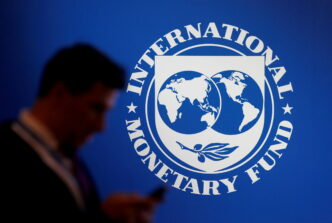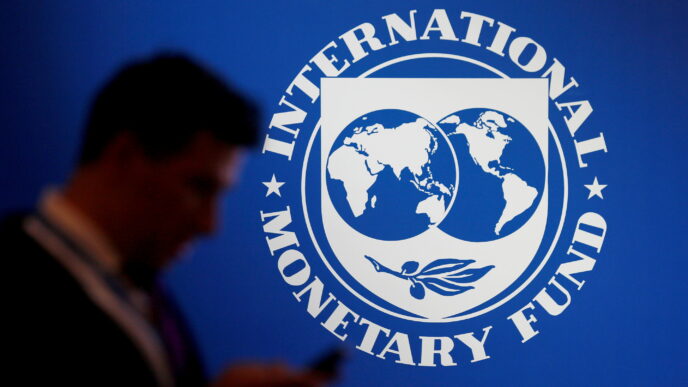Highly anticipated 58th International Mendeleev Chemistry Olympiad, drawing close to 200 aspiring chemists from diverse corners of the globe. Originating nearly six decades ago in the Soviet Union, this prestigious event now finds its inaugural home in China.
With representatives from 26 nations converging in Shenzhen, the gravity of this gathering is palpable. Amidst a backdrop of rapid global transformation, characterized by economic shifts and mounting challenges, events like the Chemistry Olympiad serve as beacons of collaboration and innovation.
Set against the striking backdrop of the newly constructed campuses of Peking Polytechnic University and Moscow State University, the Olympiad’s opening ceremony dazzled spectators. A captivating moment ensued as five fluorescent liquids of varying hues mingled in a single test tube, choreographed by esteemed guests from China and Russia. Beyond its scientific marvel, this display epitomized unity, reaffirming the burgeoning ties between the participating nations.
“In a time of dynamic change, where economic and scientific frontiers shift eastward, tensions often arise elsewhere,” observed Andrey Melnichenko, the visionary behind the Charitable Foundation, a key organizer of the Olympiad. “Unchecked, these tensions can sow discord and disrupt the fabric of global connectivity. It’s essential to emphasize unity, to confront shared challenges and enhance collective well-being, beginning with our youth.”
Through initiatives like the Chemistry Olympiad, the Foundation endeavors to ignite a passion for science in the next generation while fostering collaboration and discovery among them.
The Olympiad not only provides a stage for young talents to exhibit their prowess but also cultivates meaningful exchanges among scientists, educators, and policymakers. By nurturing a culture of cooperation and knowledge-sharing, the event catalyzes scientific research and innovation on a global scale.
In the realm of education, the Foundation’s efforts center on nurturing talent and promoting social mobility for young Russians. Through educational centers, competitions, and outreach programs, it empowers youth to pursue careers in STEM fields and contribute meaningfully to scientific progress. Drawing from his own experiences within the Soviet educational system, Melnichenko emphasizes the importance of identifying and nurturing talented children, reflecting on his formative years at a specialized boarding school in Moscow University.
Equally passionate about international climate policy, Melnichenko leads the climate committee in the main Russian business union and represents Russian business interests at UN climate conferences. The Foundation channels resources into research and projects aimed at addressing climate change, particularly in the Russian Arctic. Melnichenko underscores the intrinsic link between education and climate initiatives, stressing the significance of collaboration and depoliticization in tackling global challenges.
In Shenzhen, discussions on environmental stewardship flow effortlessly. Talented youths from various countries converge at the Olympiad, where competition intertwines with camaraderie. Engaging in spirited exchanges and forging connections, they momentarily escape the complexities of the world outside, united by their shared passion for chemistry and the pursuit of a sustainable future.














